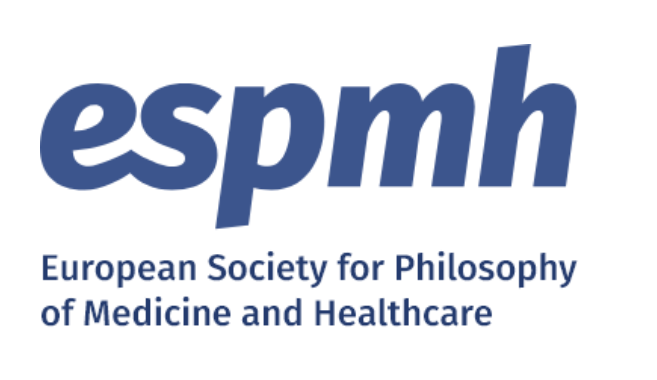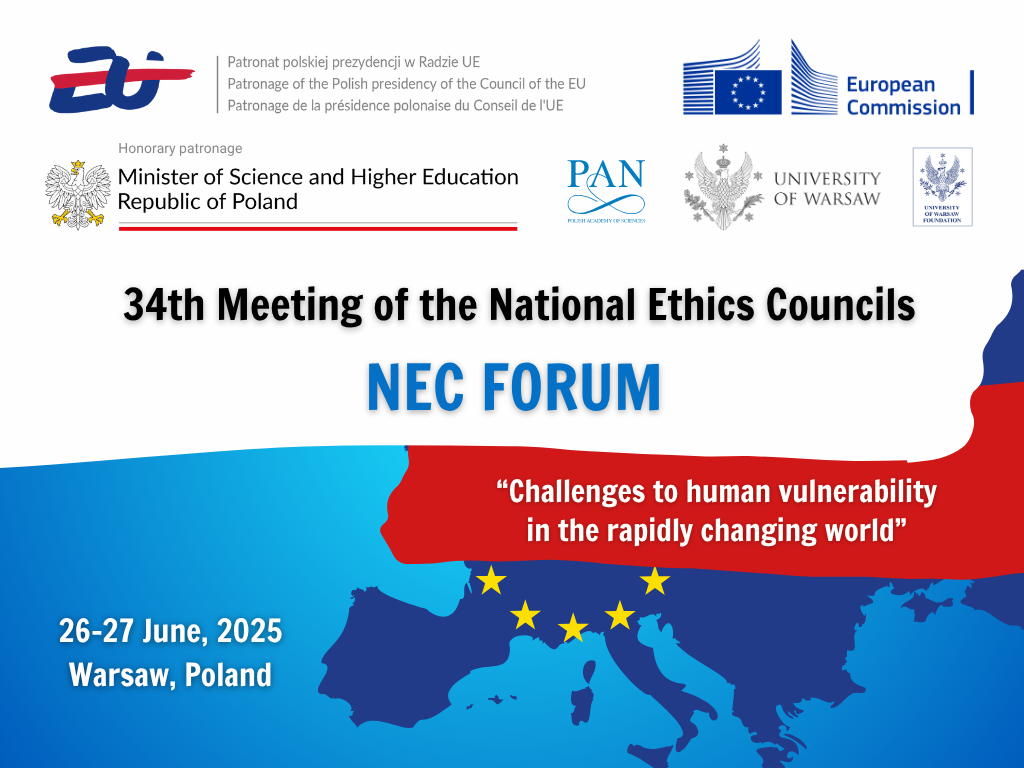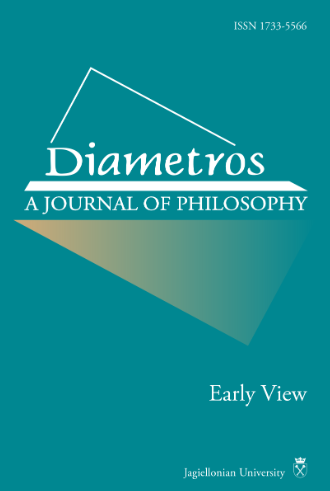Bielińska, K. What Is Peripheral Philosophy?. Philosophia (2026). https://doi.org/10.1007/s11406-025-00934-6
Różyńska J., Kaczmarek E. (2025). Protecting research participants against undue influence and exploitation. An ethico-legal analysis of Article 23b(2) of the Polish Act on the Professions of Physician and Dentist. Przegląd Prawa Medycznego 7(4), 91-128.
Różyńska J., Kaczmarek E. (2025). Paying participants in medical research. An ethico-legal analysis of Article 23b(1) of the Polish Act on the Professions of Physician and Dentist. Przegląd Praw Medycznego 7(3), 5-40.
Kaczmarek E. (2025). Why the current model of academic publishing is ethically flawed—and what we can do to change it. Journal of Scholarly Publishing 56(4), 899-921
Bielińska, K. (2025). With Marx against a double imperialist agenda: Césaire’s, Memmi’s and Fanon’s decoloniality reinterpreted. Critique 53(2–3), 289–312.
Różyńska, J. (2025). How Best to Interpret the Minimal Risk Threshold in the EU Regulation on Clinical Trials?”. Diametros 22(85): 50-76
Różyńska, J. (2025). Research Payments, Other Collateral Benefits, and the Ethics of Imposing Research Risk. The American Journal of Bioethics 25(5), 92–94.
Różyńska J. (2025) Collective Risks and the Social Disvalue of Research. The American Journal of Bioethics 25(2), 90–3.
Kaczmarek, E. (2025). Self‐Deception in Human–AI Emotional Relations. Journal of Applied Philosophy 42(3), 814-831.
Różyńska, J., Zawiła-Niedźwiecki, J., Maćkiewicz, B., Czarkowski M. (2024). Tough Clinical Decisions: Experiences of Polish Physicians. HEC Forum 36, 111-130.
Ramšak, M., Orzechowski, M., Bielińska, K., Chowaniec, A., et al. (2023). Diversity awareness, diversity competency and access to healthcare for minority groups: perspectives of healthcare professionals in Croatia, Germany, Poland, and Slovenia. Front. Public Health 11:1204854.
Popa, E., Zawiła-Niedźwiecki, J. & Zabdyr-Jamróz, M. (2023) Policy change without ethical analysis? Commentary on the publication of Smajdor. Theoretical Medicine and Bioethics 44, 379-385.
Łuków P. (2023) The ethical significance of consent to postmortem organ retrieval. Bioethics 37(5), 489-497.
Różyńska, J. (2023). A few remarks on limits of research risks and research payments. Medicine, Health Care and Philosophy 26, 155–156
Różyńska, J. (2023). How risky can biomedical research be?. In: Zima, T., Weisstub, D.N. (eds) Medical Research Ethics: Challenges in the 21st Century. Springer, Cham.
Łuków, P. (2023). Persons and Groups: Protection of Research Participants with Vulnerabilities as a Process. In: Zima, T., Weisstub, D.N. (eds) Medical Research Ethics: Challenges in the 21st Century. Springer, Cham.
Różyńska, J. (2022).The ethical anatomy of payment for research participants. Medicine Health Care and Philosophy 25, 449–464.
Łuków, P. (2022). Solidarity and the ethics of exposing others to risk in medical research. Bioethics 36(8), 821-828.
Różyńska, J. (2022). The principle of the primacy of the human subject and minimal risk in non-beneficial paediatric research. Bioethical Inquiry 19, 273–286.
Bielińska, K., Chowaniec, A., Doričić, et al. (2022). Equal access to healthcare in national legislations: how do Croatia, Germany, Poland, and Slovenia counteract discrimination in healthcare?. BMC Health Services Research 22(1), 1-11.
Kaczmarek, E. (2022). Promoting diseases to promote drugs: the role of the pharmaceutical industry in fostering good and bad medicalization. British Journal of Clinical Pharmacology 88(1), 34-39.
Kaczmarek E. (2022). What Does Pricelessness Mean?, Journal of Value Inquiry 56, 469–484.





